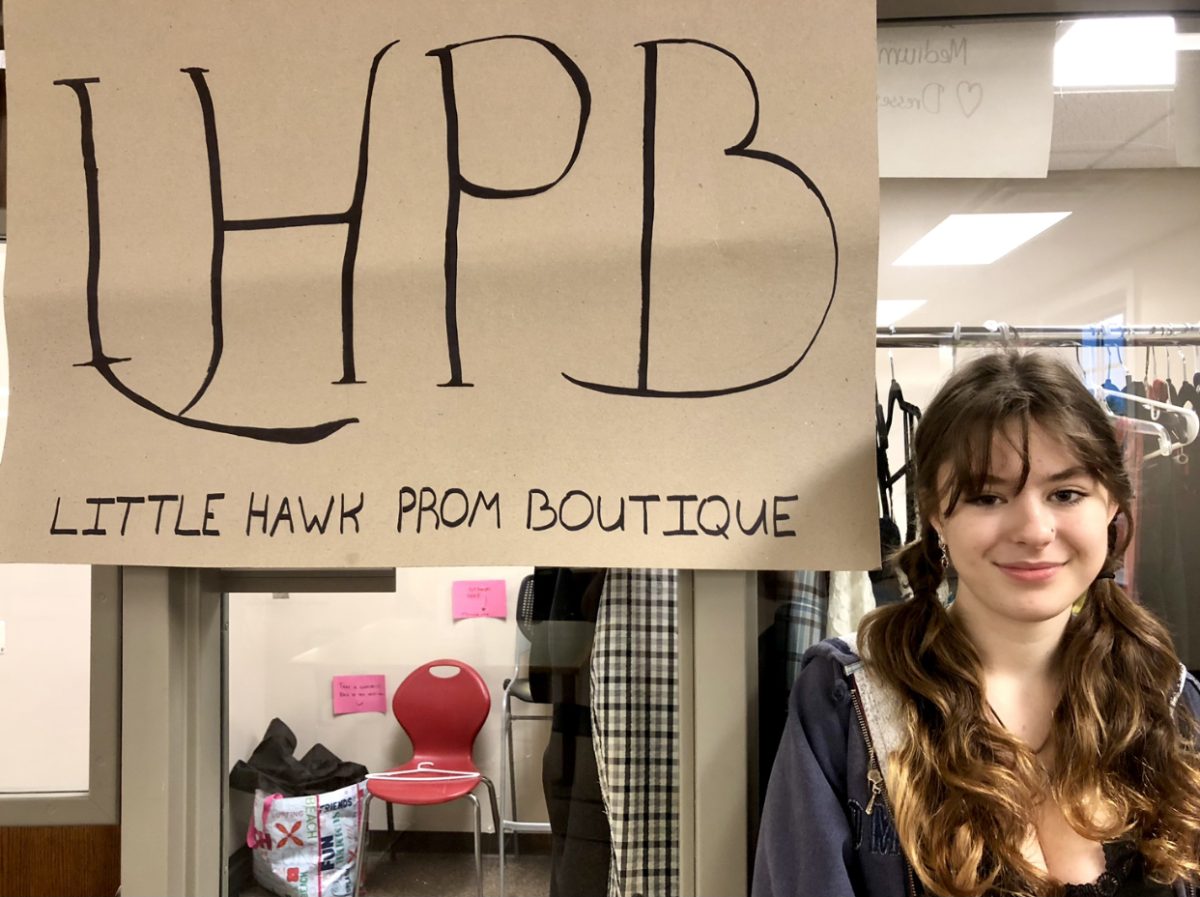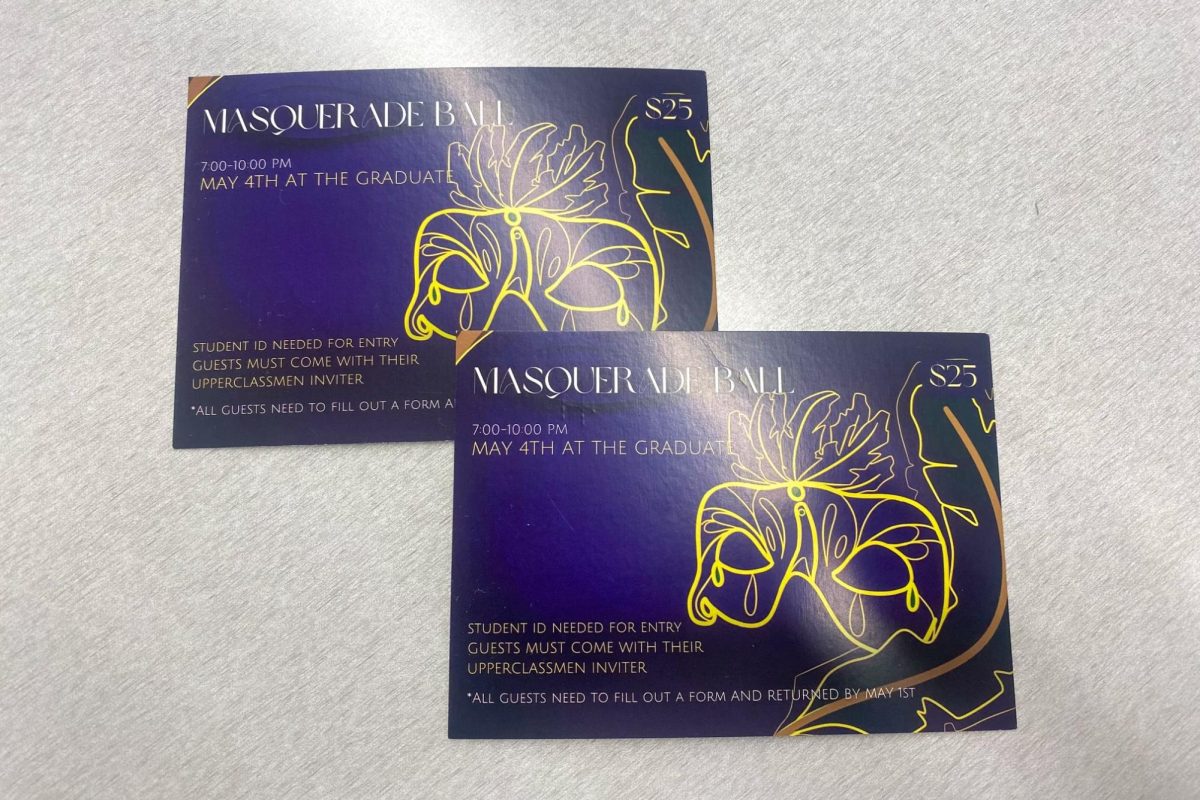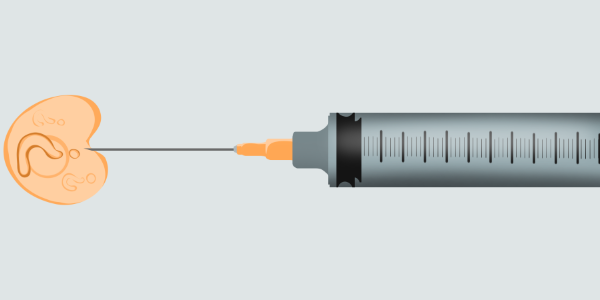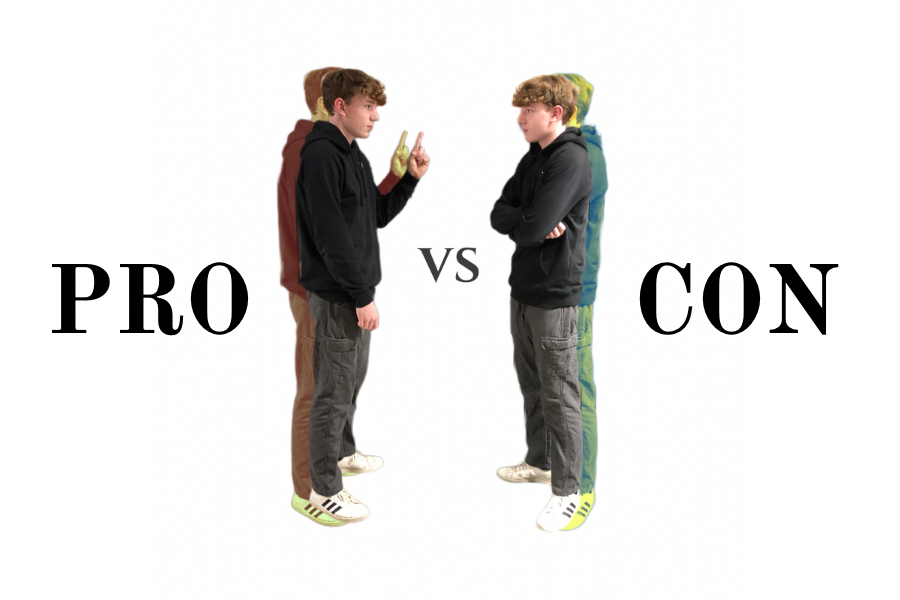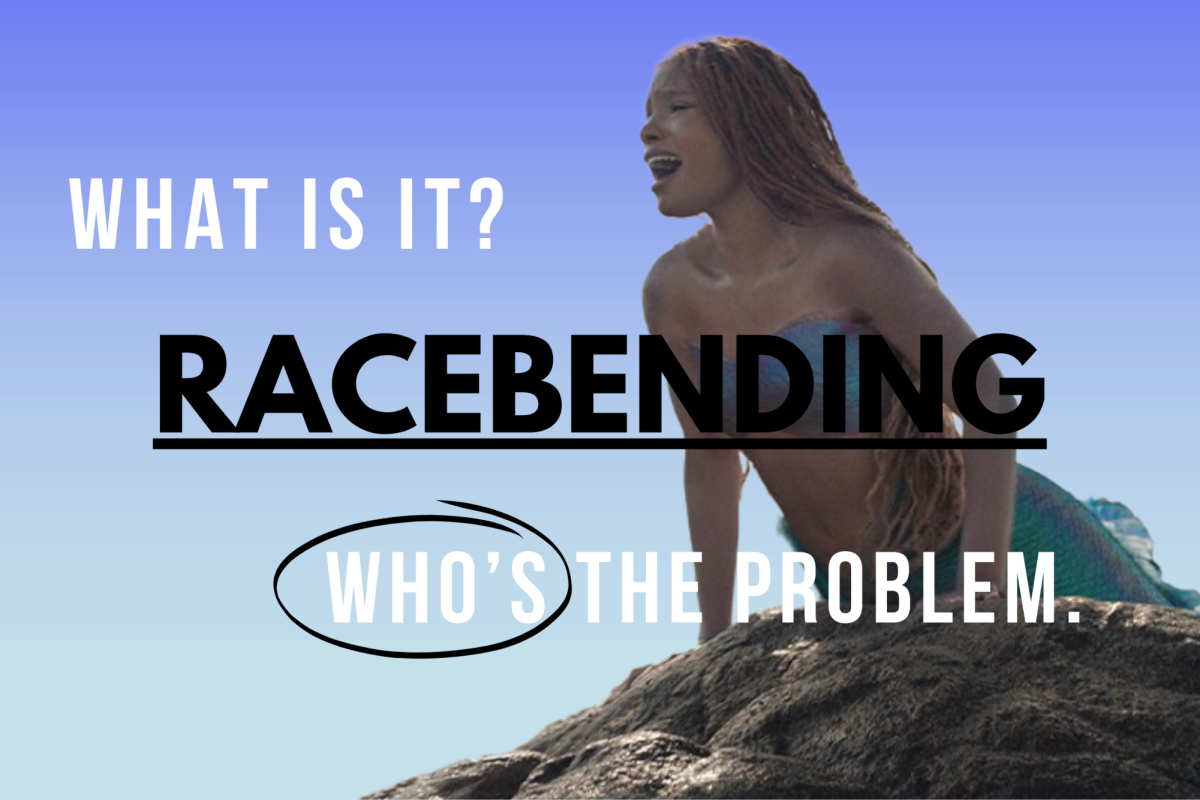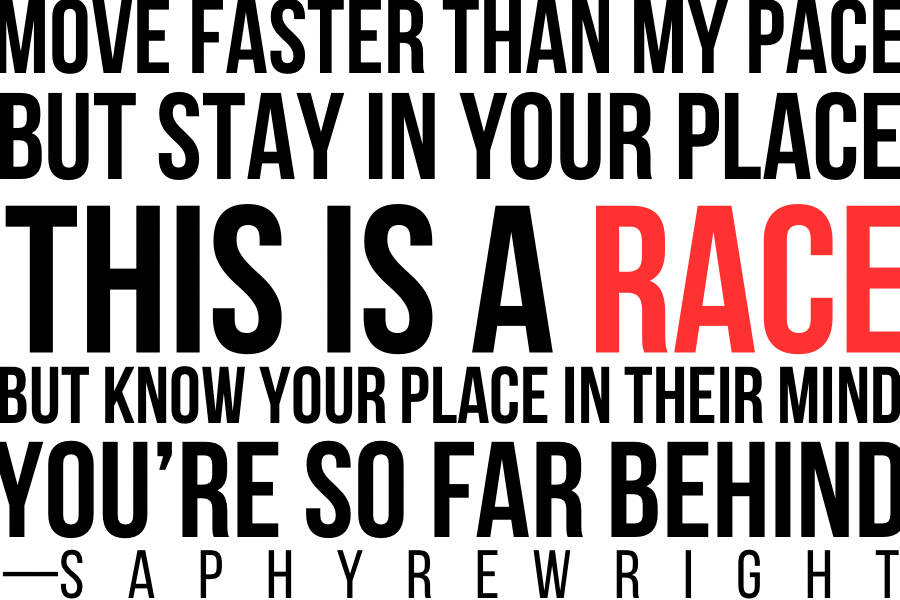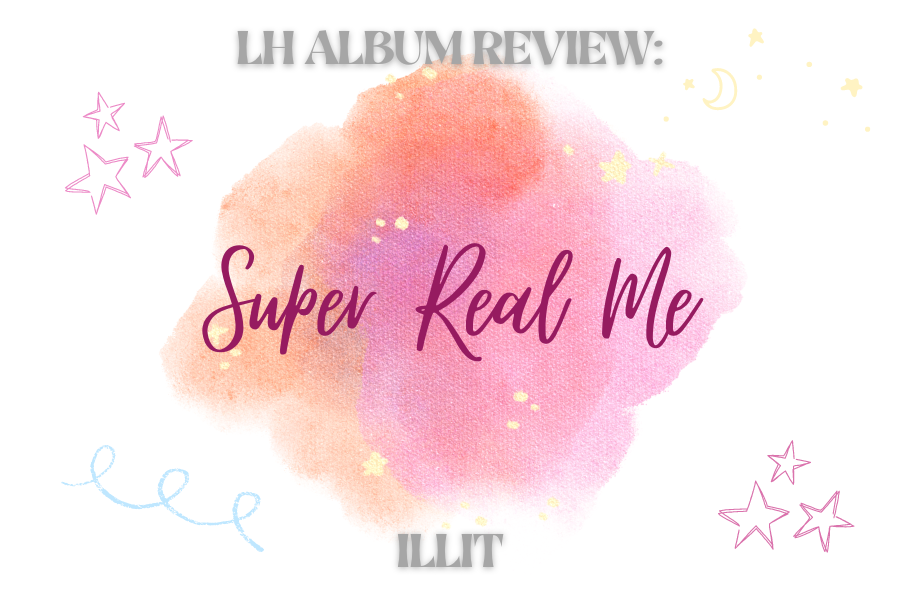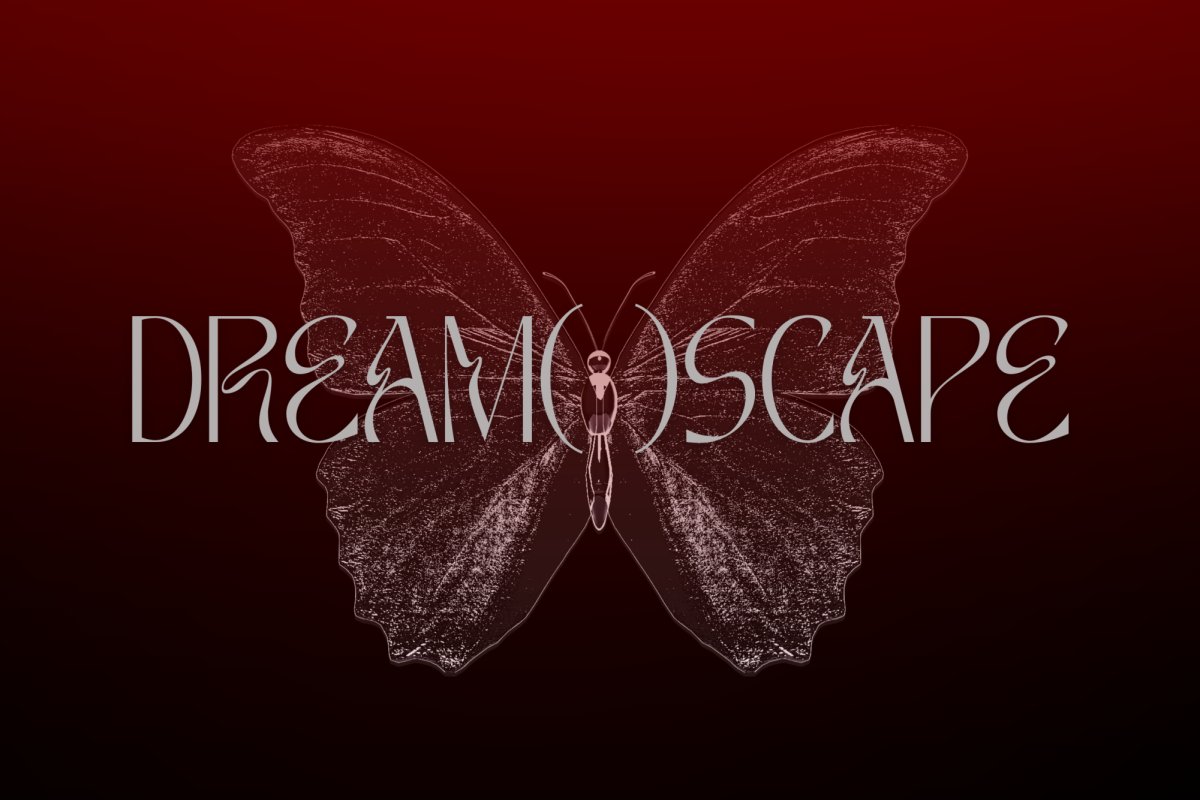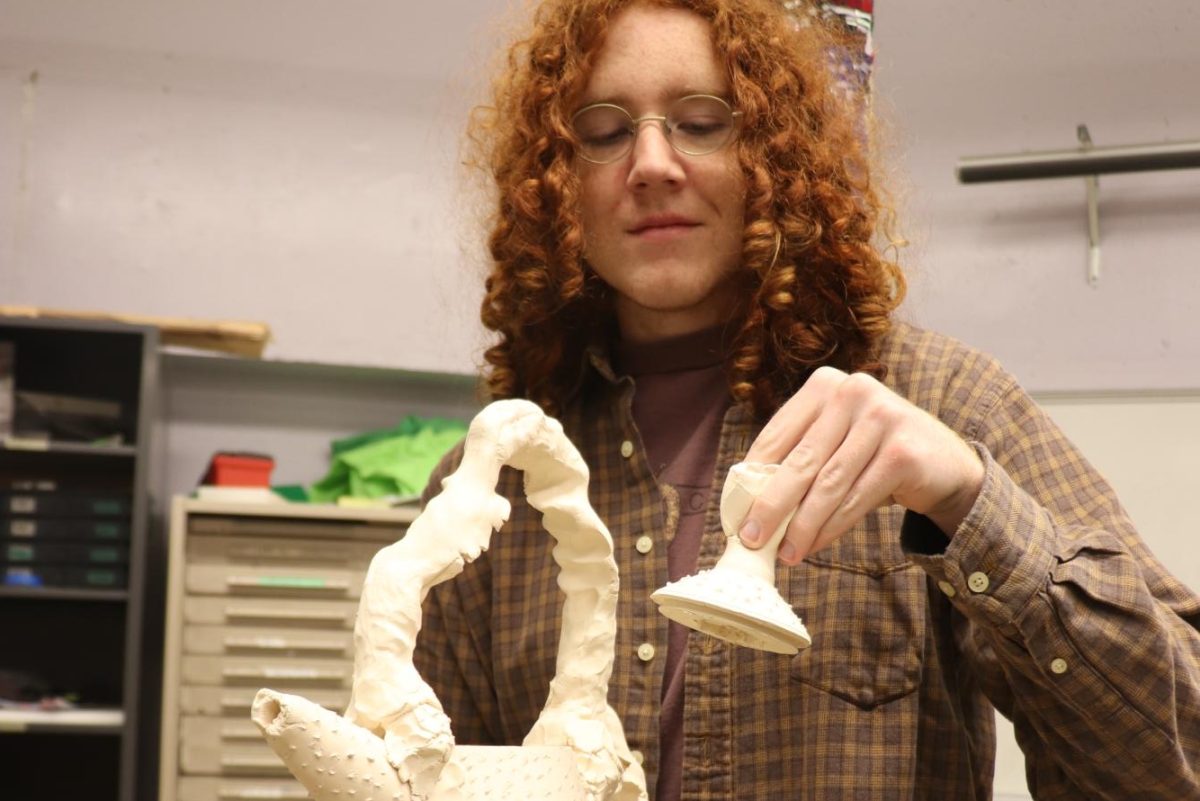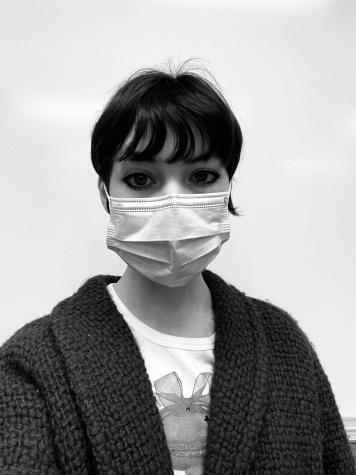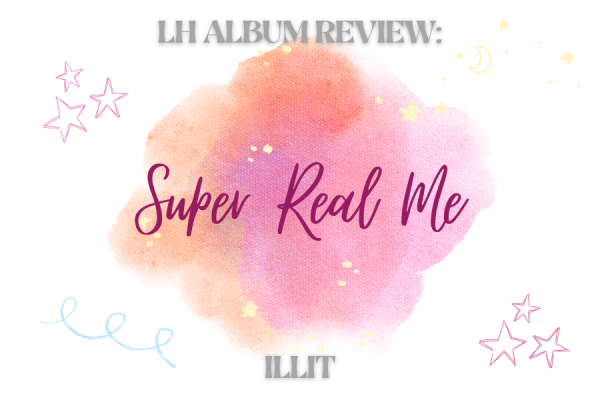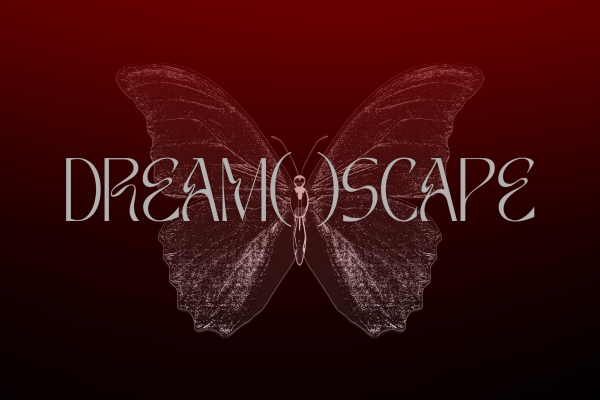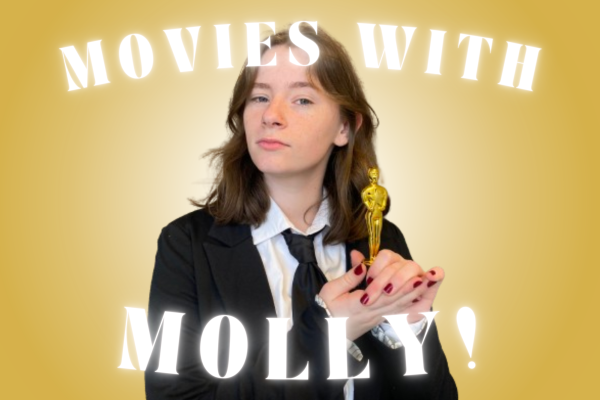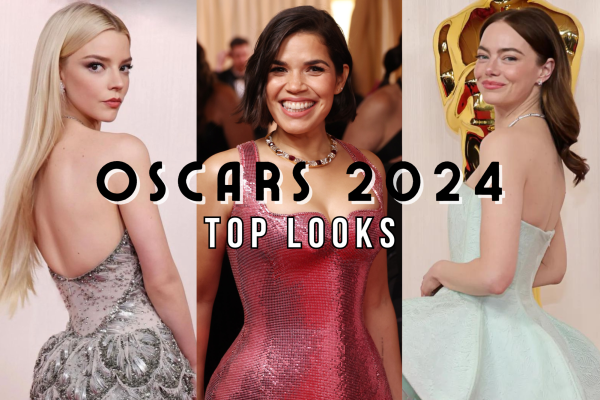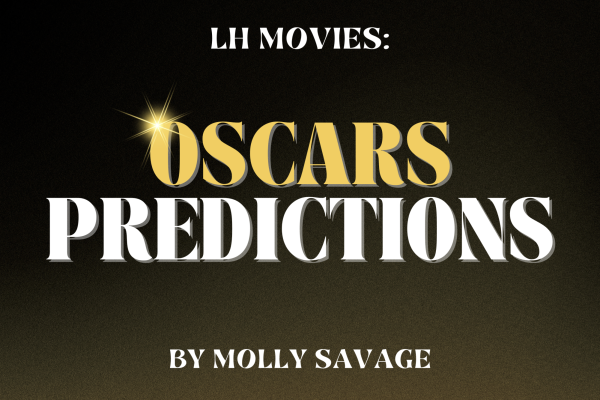Is Euphoria Too Obscene For Teens?
Euphoria Review: relatable or too obscene for teenagers? LH Rating: 4/5 Stars
Every aired episode of season 2 has started off with a “viewer discretion advised” warning; many viewers skip past this, waiting to watch the drama between every character and their plot lines unravel.
February 11, 2022
Sex, drugs, and rock and roll. D.A.R.E has gone after the characters and actors in Euphoria and made arguments about the bad effects it will have on teenage viewers, but I think that every aspect has already been told, heard, or seen by high school students today. With the airing episodes of Season Two, I have been questioning the relatableness and realism. What – if any – issues will watching this show cause? How accurate can the portrayal of Euphoria be if the ratings aren’t targeted towards teenagers?
The constant use of adults being used for high school roles always seems to make or break the show for me. Euphoria has a cast of adults in their twenties and thirties, including Sydney Sweeny (Cassie Howard), Angus Cloud (Fezco), and Alexa Demie (Maddy Perez), some of which look young enough to fulfill the roles of teenagers. The drama within the show is something you would not see walking down the hallways of high school today. Though characters in the series have scenes that make them relatable to younger viewers, such as dealing with relationships, family dynamics, and body image issues within society. All these subjects are things that can happen and do happen today. But this level of relatableness doesn’t always outweigh the rest of the series.
Every aired episode of season 2 has started off with a “viewer discretion advised” warning; many viewers skip past this, waiting to watch the drama between every character and their plotlines unravel. Containing content of drug use, violence, and nudity, Euphoria has a unique way of tying mental health, flashbacks, and glittery makeup into the eye-opening plot. Capturing moments of character dynamics within intense transition scenes, the series has done a very good job overall at foreshadowing the plot and creating intriguing new storylines with the additional development of characters from season one.
While every character in the series has their own individual storyline, the show revolves around Rue Bennett (Zendaya), and her relationship with drugs, rehab, and other characters on the show. Rue narrates every episode, introducing us to characters while slightly giving her opinion on them as she does it. Her plotline is the one shown in almost every episode, and her development and downfalls are the scenes that show up even when an episode is supposed to be targeted towards another character. The thought behind her plot is very large and though it is something that has become a norm for many, I don’t always think that Rue’s character is one all the high schoolers today will be – or should be – looking up to. But I think her relationships and story are ones that people are able to recognize in their own life. Zendaya won three awards for her performance as the lead actress in season one and I am excited to see where she takes her character in the final episodes of the new season.
Acting performances are bringing many of the viewers back to watch the new episodes of the show, as it is not one of the feel-good shows many people love. Every actor seems to have a deeper understanding of their characters, and they pick the right moments to let things show. Screaming fits of anger, “crazy eyes”, therapy sessions, and even the one-liners give you that moment where you have to sit back, hold your breath, and think about what you just watched. Mind-blowing acting moments like these are seen across every episode in both seasons one and two.
Zendaya’s portrayal of addiction, and the director, Sam Levinson’s, desire to show the good, the bad, and the ugly, of characters, makes the show worthwhile. I originally went into the show thinking it would be all about promoting or glamorizing drugs and the “party life,” but I have come to realize that all the series is promoting is real life. Maybe it’s the emotional moments, or maybe it’s the cast that allows people to enjoy watching, but Euphoria is a show for everyone aware of the content. Learning about real mental health issues, real situations teenagers can be put in, and hard life realizations are something good for teenagers today.
Watching the first episode of season two, that aired on January 9th, and hearing the new songs, I felt as though I was brought back in time to when I first heard “Mt. Everest”, in 2019, when it was a major defining piece of season one. The unbelievable soundtrack composed by Labrinth pulls everything together to create a show that viewers can be glued to for hours. Soundtracks can define series, and many of the songs in Euphoria are designed for specific characters, introductions, and recurring themes.
With a shaky environment and hard plot, high school students have been questioning the relevance. I’ve heard opinions about how it’s easy to look past them being in high school, or about the controversy on relatableness and how some of the characters aren’t relatable, though their backgrounds can be. Maybe if a show could find that perfect middle of not being too dark, or too “High School Musical” when talking about students in high school, students, being the targeted audience, might enjoy it more and be able to relate on a deeper level. Watching Euphoria is something I think many high schoolers today should do, if not to relate but to understand others on different levels.



